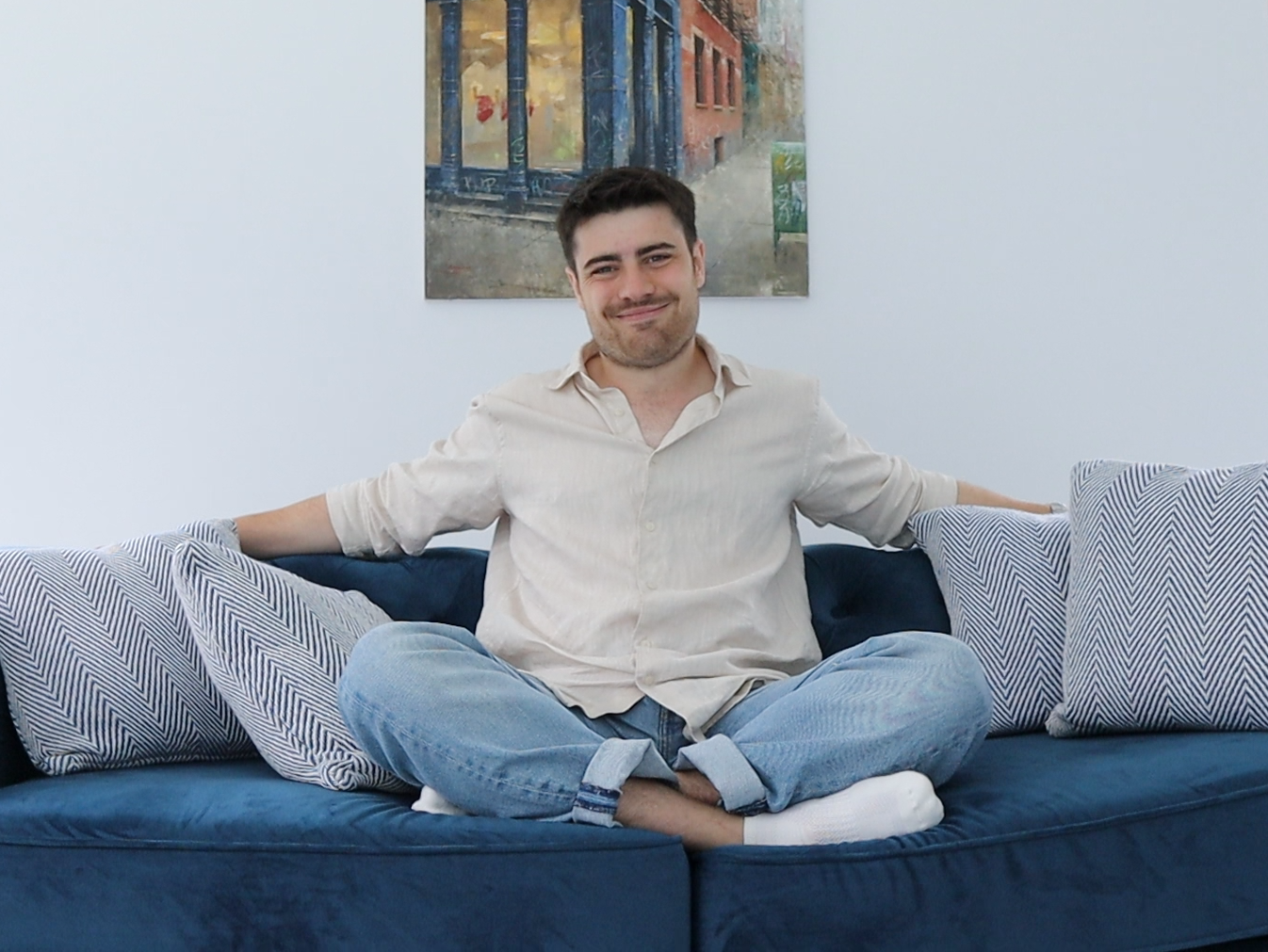One day I’m going to have kids.
I’m not there yet, but when I am, I don’t want them to go through the same schooling system that I experienced.
Don’t get me wrong, I’m extremely thankful for my education, I recognise that I come from an extremely privileged background, but our systems feel too suspiciously like those that were designed to create the ideal “punctual, docile and sober” factory workers of the 1850’s to accept them as the best we can do.
The default is standardised syllabi, unindividualised learning approaches, rigid calendars and irrelevant assessment in a school geographically convenient for you. This may sound overly harsh but our schooling systems really are this inflexible.
With a historical view it makes sense.
Bandwidth, connection and personalisation are exponentially cheaper now than pre-internet. The only way to scale an educational system pre-1990 was to standardise method, content, hours and assessment, there was no other option to distribute it except locally and the uniformity of the system helped create citizens with a common identity that built nations.
That structure has been exceptionally sticky.
Schools are heavily embedded in our social fabric, from primary to tertiary, and are strongly coupled to so many core functions within society. They’re a source of childcare for working parents (and adult daycare for university students), they’re a filter for employers, they’re a qualified dating pool, they’re a reason for securing visas and they’re (sometimes) a source of social pedigree.
However, i’m being progressively convinced they’re not a place for learning.
I frequently ask the people around me how much they learned at school and where they learn things now. The most common answer is “not much” and almost anything but formal education. I don’t think that’s a completely fair response. Concrete skills like reading, writing and basic mathematical reasoning are clear outcomes of early education and there’s a mix of recall and reasoning that we benefit from after that but the second answer is telling. When we have a choice we opt for content, communities and products that aren’t restricted by the same constraints that our legacy schooling system are.
Content networks, open source communities, MOOCs, wikis, language models and a host of other products all feature, even though they’re not explicitly geared towards learning, but in-person classroom formats are rare unless a qualification and name is explicitly useful.
This isn’t a watertight argument. There are other circumstances that influence the decisions of where we learn, and classrooms use some of these tools too, but given that school exists to prepare us for whatever comes after it, it seems strange that the format isn’t something we generally opt for.
Microschools are a more flexible vehicle than traditional institutions. They don’t have a consistent definition but are generally small, independent and don’t conform to the educational norm of the country they’re based in. They’re custom structures that can wrap different educational philosophies, admittedly many of which i don’t subscribe to, and flex their shape to the demands of their students.
They’re unfamiliar but they’re not new. Dame schools in England sprang up in the 16th century in the absence of formal schooling and (illegal) Hedge schools emerged in Ireland in the 18th century in response to the outlawing of schools run by non-conforming faiths. In fact, they’re everywhere across cultures and history where standardisation either doesn’t exist or is actively rejected.
I’m not proposing we return to any of these systems specifically, just that we’ve entered an era where technology has pushed the benefits from education more towards decentralisation than centralisation and that we’re in a very natural part of that cycle.
If individualisation from tutoring represents peak educational performance and schools as we know them are indispensable in providing the social component, I think there’s a healthy middleground with microschools.
If that’s the case, why aren’t there more of them?
They’re not easy to create. Schools are the default and home schooling requires more effort, but doesn’t require the trust of other parents.
Microschools require a set of parents to go outside of the norm, find consensus and fund their own initiative. That process is laden with risk and educational choices are disproportionately risk averse.
It’s also made harder by local governments, who can’t effectively legislate for system that aren’t standardised and (fairly!) fear the negative impacts of structures they don’t have the bandwidth to understand.
I think that’s why we see microschools appear in conditions of extraordinary circumstance, such as bands of expats who reject the foreign education systems of their new homes.
That doesn’t need to be the case. It’s much easier to build an incremental microschool than a novel one.
I think that model has the kernel of something promising, but unfortunately it’s a problem space that’s tough to experiment with. Tinkering with core education is like adapting life support machines or building planes - you really don’t want to get it wrong.
So it looks like my personal tinkering is going to have to wait.
